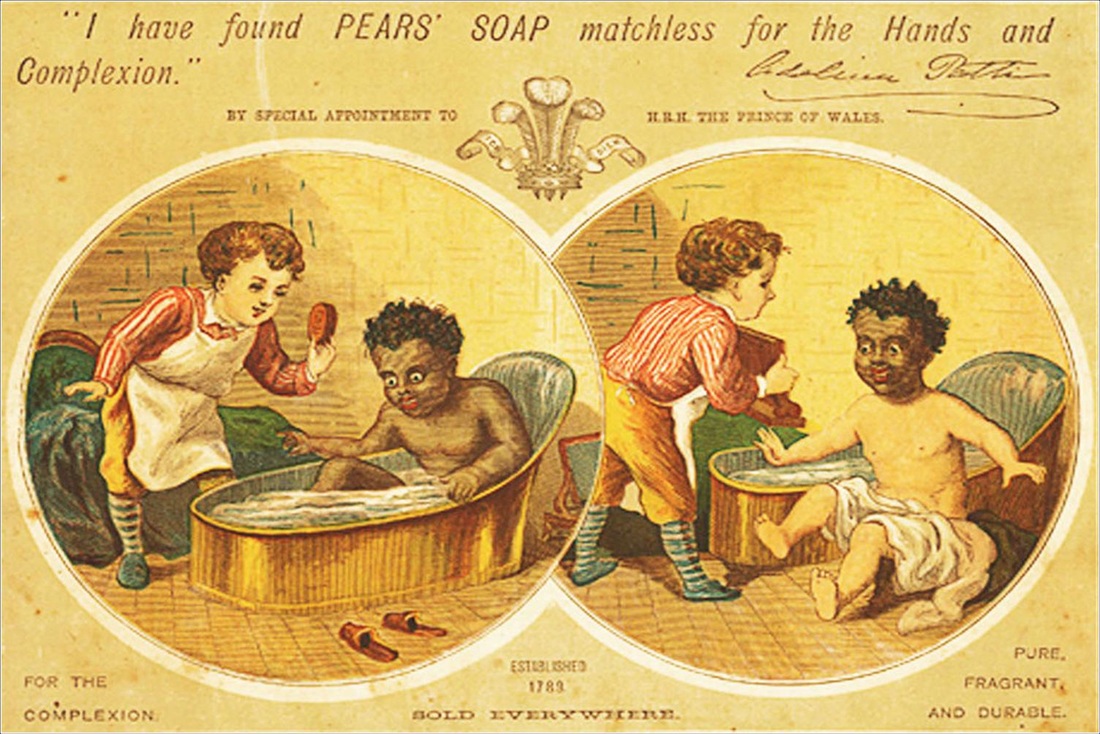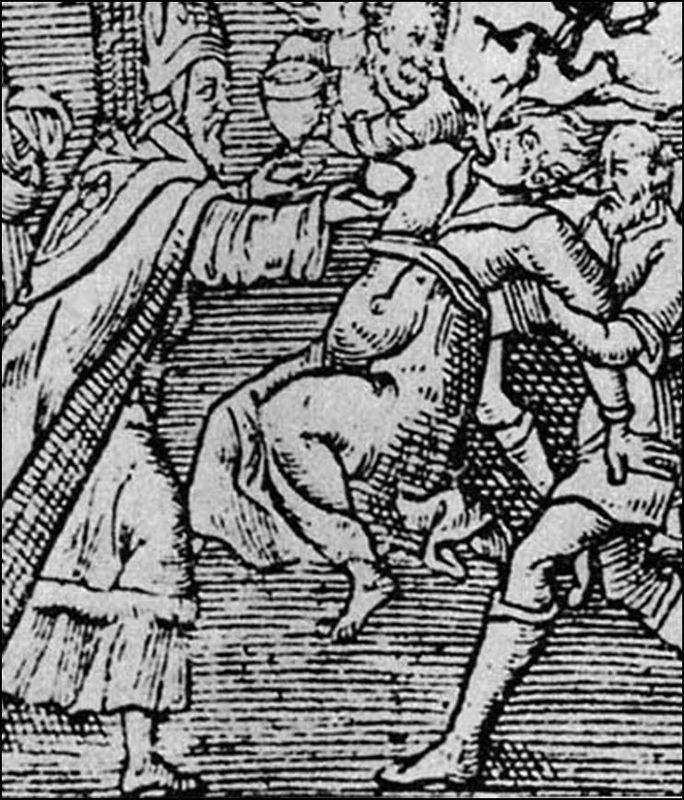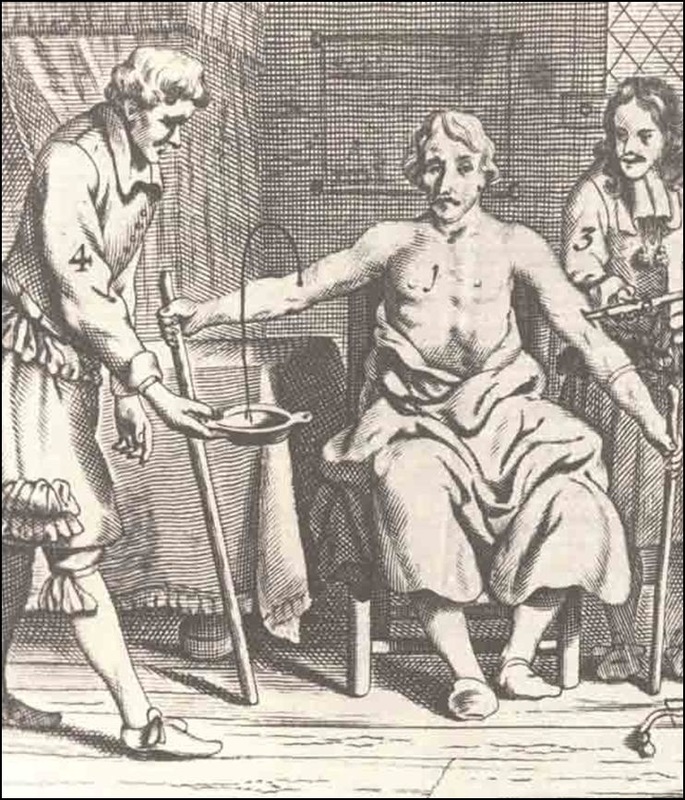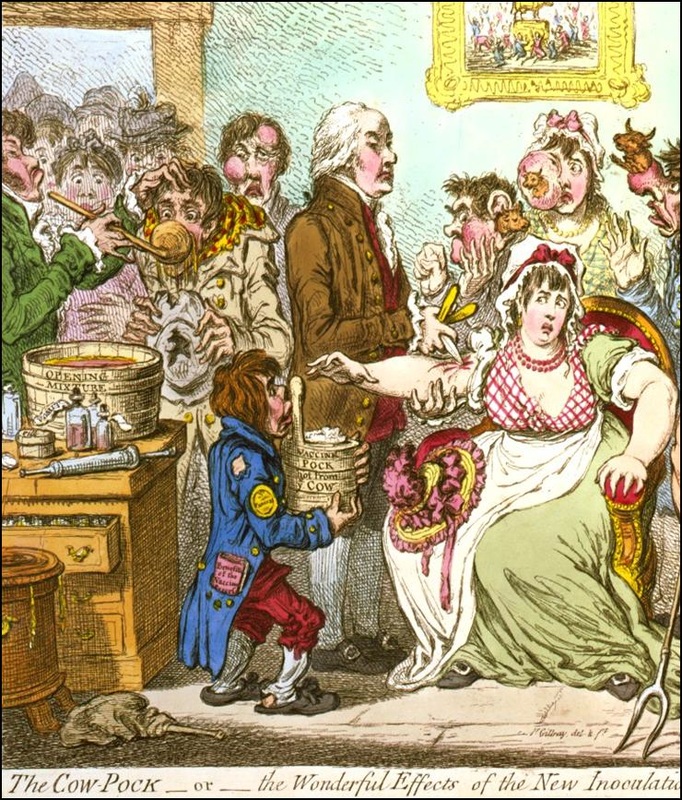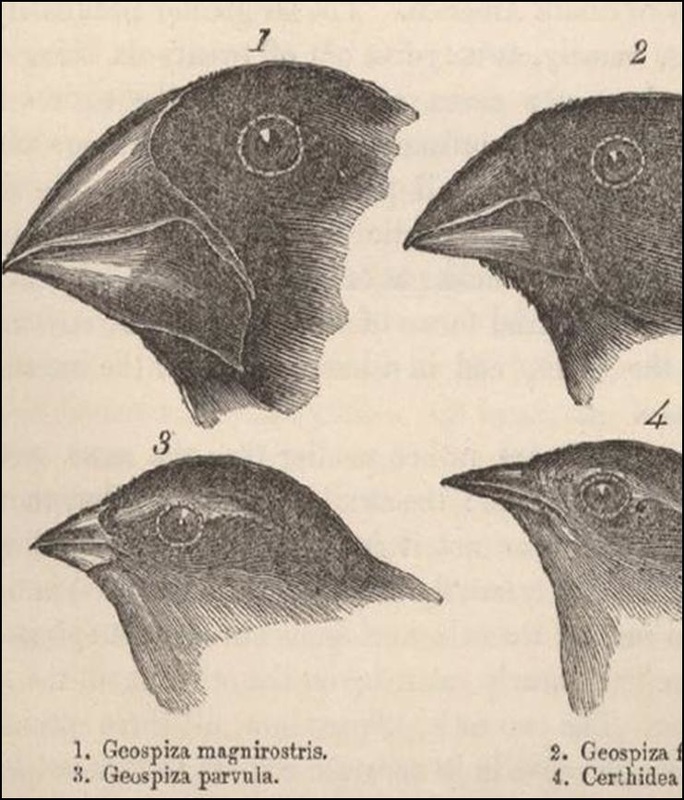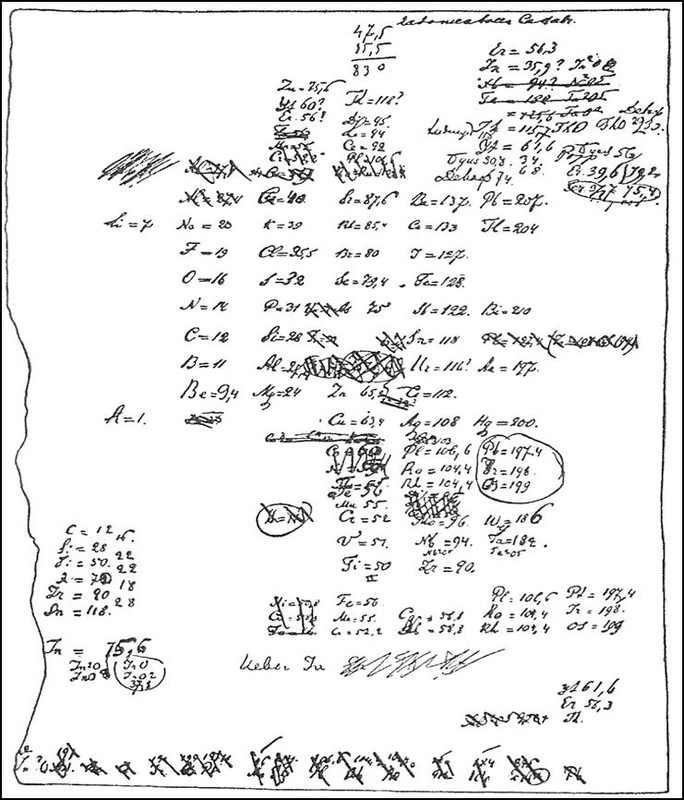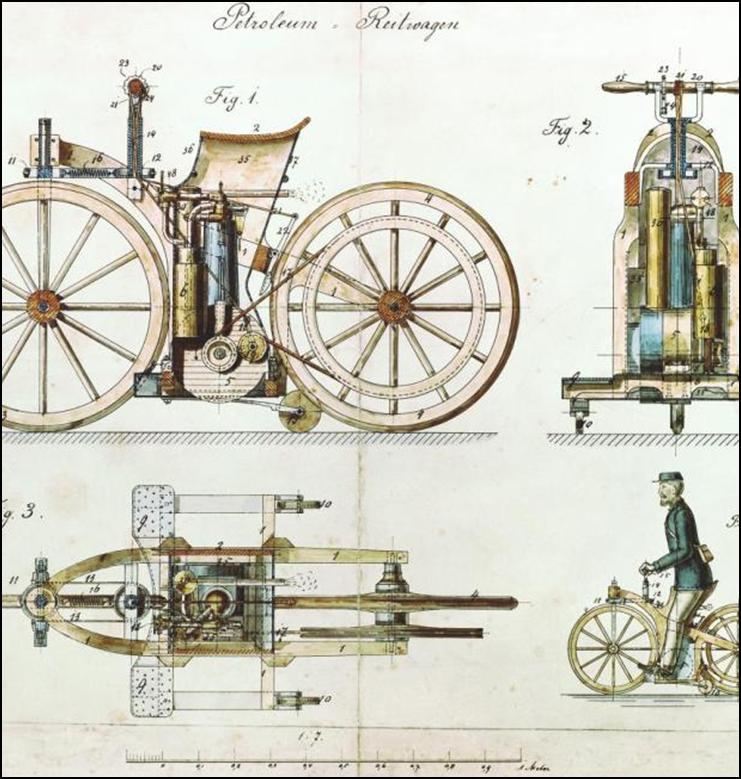"The Blenders"
How did Industry affect the "blenders"? Those who attempted to "blend" the past philosophies, principles, and traditions with the developments of the present? Let's see:
Christianity, its importance as a religious practice and social construct, still remained a dominant force during the Industrial age. Faith healers still relied on Christianity to "cure" various ailments, but Industry brought the development of knowedge, and physicians began to experiment with new methods of healing. Bloodletting remained popular, but with the advent of antiseptic, amputation could now save lives as well!
Perhaps the greatest accomplishment of the medical field during the Industrial period was the eradication of small pox and other diseases by discovery of immunization and inoculation. It's important to know that cholera was learned to be "controlled", but in the case of small pox, it was actually eliminated completely! The above cartoon shows a bit of a barbaric practice, and the process of discovery and the administration of immunization proved difficult, but Industry brought science, and science brought medicine and medical knowledge to the masses.
Scientific study expanded extensively during the Industrial period. The study of "society" came to known as the "social sciences" and people like Charles Darwin (whose sketches of microevolutionary traits in finches above, left) proved that society could be proven, and remedied with science! During this period, Dmitri Mendeleev began charting the various elements of the world, known as the "Periodic Table".
But one could argue that the automobile was the chief accomplishment of the so-called Second Industrial Revolution that "blended" the technologies of the past with the developments of the present. Industry brought the steam engine, with moving pistons, and the blast furnace and the understanding of combustion and ignition. Put them together? You have the combustion engine that powered the first automobile! You could say that the First Industrial Revolution was obsessed with "making things work", while the Second Industrial Revolution focused on "why and how things worked".
